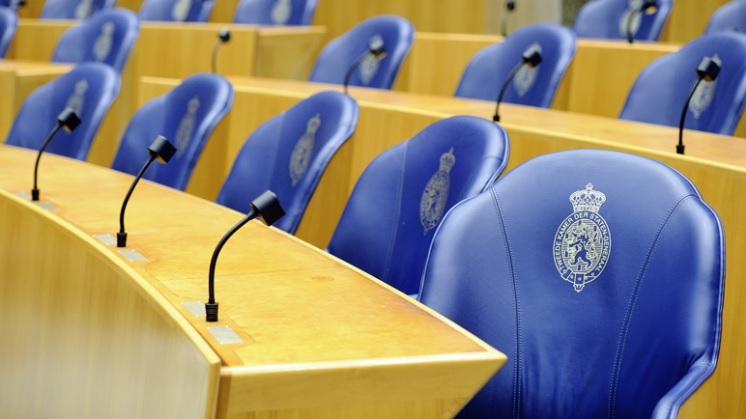VVD concerned about weaknesses in mutual agreement

THE HAGUE — The VVD-faction in the Dutch parliament has serious concerns about the mutual agreement St. Maarten, Aruba and Curacao recently signed with the Netherlands as the replacement of the controversial COHO consensus kingdom law. MP Roelien Kamminga confronted State Secretary Alexandra Van Huffelen during a parliamentary committee debate with the many weaknesses of the agreement.
The MP considers supervision razor thin, enforcement unclear and the way parties intend to settle disputes naïve. “Unfortunately the history of this dossier shows that trust is beautiful and that control is better.”
The agreement contains the option of a mediator to settle disputes. Kamminga: “But what if mediation does not help? What will happen then?”
Disputes about granting financial resources to the Caribbean countries can be put in front of an administrative court. Kamminga has her doubts about this option as well. “Does this court consider itself authorized to handle these disputes? How long does such a process take? And what happens if the court declares itself not authorized to handle a case? This feels like an open-ended agreement.”
Kamminga also asked Van Huffelen whether the agreement is binding. “Is it possible for a party to step out of it unilaterally and if that happens, what are then the consequences? Will they have to repay the granted loans immediately and will further financial assistance end? I would find that logical.”
For the VVD the most fundamental issue is the involvement of the Dutch parliament. “How will parliament be informed?” Kamminga asked. “Has the parliament anything to say at all? Or will it again and again be confronted with a fait accompli? Is then the only remaining instrument the approval or disapproval of financial resources?”
Kamminga expects that the kingdom law financial supervision for Aruba will still become a reality. “The need for strict supervision is still there. Just look at the outstanding loans.”
The MP links the establishment of financial supervision directly to the extension of existing loans, pointing out that this a condition for the state secretary. “But I have experienced too often that things are shifting in the end and they know this in Aruba as well. How clear are you as a government when you issue a stern message one day and promise millions for an investment fund the next day?”
Kamminga pointed out that poverty in the Caribbean countries has to be tackled through structural reform, investments and good governance. “This should start with a decrease in corruption, properly collecting taxes and eliminating exemptions for friends and family.”
In this context, Kamminga pointed her finger at Curacao. “They ask for financial support from the Dutch tax payer and at the same time they forgive their citizens for millions in taxes. That is unbelievable.”
The MP labeled Curacao as a paradise for gambling companies and the associated risk of money laundering. “Which measures does the state secretary have in mind?”
All this, Kamminga noted, does not contribute to “a feeling of commitment and urgency” from the side of the Caribbean countries. “Work is being done but for the time being they deal with less fundamental measures. The tough measures are not being taken yet. They put more efforts in making up why something is not possible than in efforts to succeed.”
Kamminga said she is amazed that the reconstruction of the airport in St. Maarten still has not been completed. “I understand the complexity, but this is really due to administrative choices.”
Related article: Four countries consultation on mutual regulation yields agreement on main issues


























